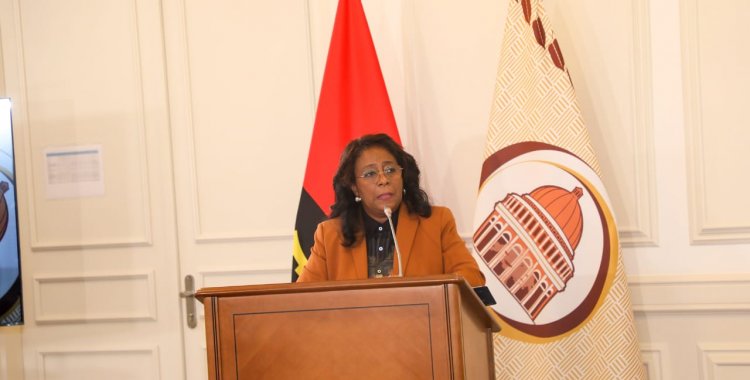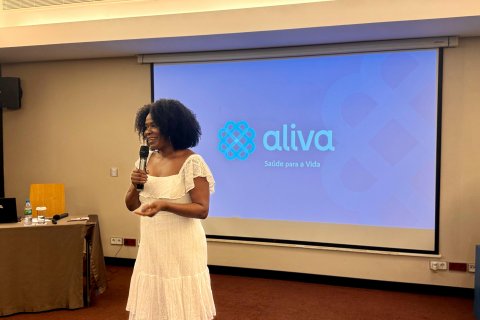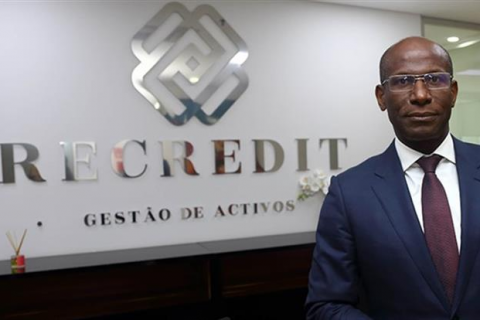The budget will be divided into three parts, with 40 million kwanzas to be allocated to universities, approximately 29 million kwanzas to higher education institutions for scientific research and just over 30 million kwanzas to higher education institutions, the minister said, cited by Jornal de Angola.
Speaking at a hearing before the sixth specialized working committee of the National Assembly, the minister stated that, although the authority recognizes that it is necessary to increase investments in the field of science, the resources made available, through financing from Angola and the African Bank of Development (BAD), for scientific research projects and national researchers from public establishments, with access to scientific journals, are not sufficient to meet the demands of the initiatives presented.
At the time, she also said that the number of applications is low taking into account complaints about the lack of funding. "I dare to say that for so many complaints about lack of funding we have few applications. The Foundation for Scientific Development (Fundicit) also issued its notices. Soon we will know the results of the 199 proposals for scientific research projects and for the institutional development. There are few proposals received for many funding complaints, in a country with more than 100 higher education institutions and many other research and development institutions", she stated.
The minister also made it known that the World Bank will grant a loan of 150 million dollars, until 2027, within the framework of the Higher Education, Science and Innovation project and that, in addition, the Global Partnership for Education also plans to make available 50 million dollars.
"Public higher education institutions will be challenged to present projects within what are called results-based agreements and, soon, a notice will be launched, valued at 40 million dollars", she added, quoted by Jornal de Angola.
Scholarships were also discussed at the hearing, with the minister mentioning that in internal scholarships for postgraduate students, the financial capacity to increase the number of scholarship holders is the most important factor, as well as pointing out the fact that it is difficult ensure that scholarships are awarded to those who deserve it: "Merit is not just a grade, it is above all aspects of a social nature. We still have a certain difficulty in having proof of who is most vulnerable from a socioeconomic point of view. We are not just interested in admission, but the academic challenge".
"Progressively, the amount available for scholarships has increased, but we are not yet at a satisfactory level", she added.
Regarding external scholarships, she reported that the model had changed, becoming more aimed at postgraduate studies, mainly master's degrees, doctorates and a part for specialization, aiming to strengthen the country with more specialized staff, writes Jornal de Angola.
Educational infrastructures were also highlighted by the governor as one of the biggest challenges facing the sector, together with human resources, although some works are underway and will be completed this year and others next year.
Already asked about teachers in higher education, Maria do Rosário Bragança said that a public competition is underway, and it is the responsibility of the establishments to attract the "best": "If the country is investing large sums in postgraduate training programs abroad , and with so many complaints about employability, higher education institutions are the focus of attracting the best".
The governor also admitted that the supervision she directs is responsible for the constant professional progress of teachers, which includes the provision of specialty courses in higher education management to professionalize the class, along with other training components, writes Jornal de Angola.
At the hearing she also spoke about the curriculum harmonization procedure. In this regard, she pointed out the fact that courses in the field of education, namely kindergarten teachers and primary teachers, already had the characteristics expected during the experimental period.
She said it is not enough to have higher education in all provinces, and this training must be relevant to the development of Angola.
"It is not enough to have higher education in all provinces. This training must be relevant to the country's development, because one of the challenges in this agreement with the World Bank is, precisely, among the different objectives, the creation of conditions to have courses stand areas, in science, technology, engineering and mathematics", she said, having also defended, as a way of promoting equality, measures that increase the frequency of women in this type of education.
According to a statement from parliament, to which VerAngola had access, the hearing aimed to "clarify some questions that remained unanswered during the discussions, in particular, of the General State Budget for the 2024 Economic Year".
"The hearing of the Minister of Higher Education, Science, Technology and Innovation was related to legislation, training, certification and internal and external scholarships. In the review, issues considered essential were discussed, such as the recent promotion of 900 teachers", reads the note.
At the end of the meeting, deputy Narciso Benedito considered the "positive meeting". Quoted in the note, he said that this "allowed us to verify the form and mechanisms adopted by the Ministry of Higher Education, Science, Technology and Innovation to deal with the structuring and fracturing issues in the sector".
"Narciso Benedito looked, in particular, at the regulation of the Basic Law of the Education and Teaching System", having highlighted the fact that it was necessary "to work on the quality assurance system and the development of teaching staff and researchers".







